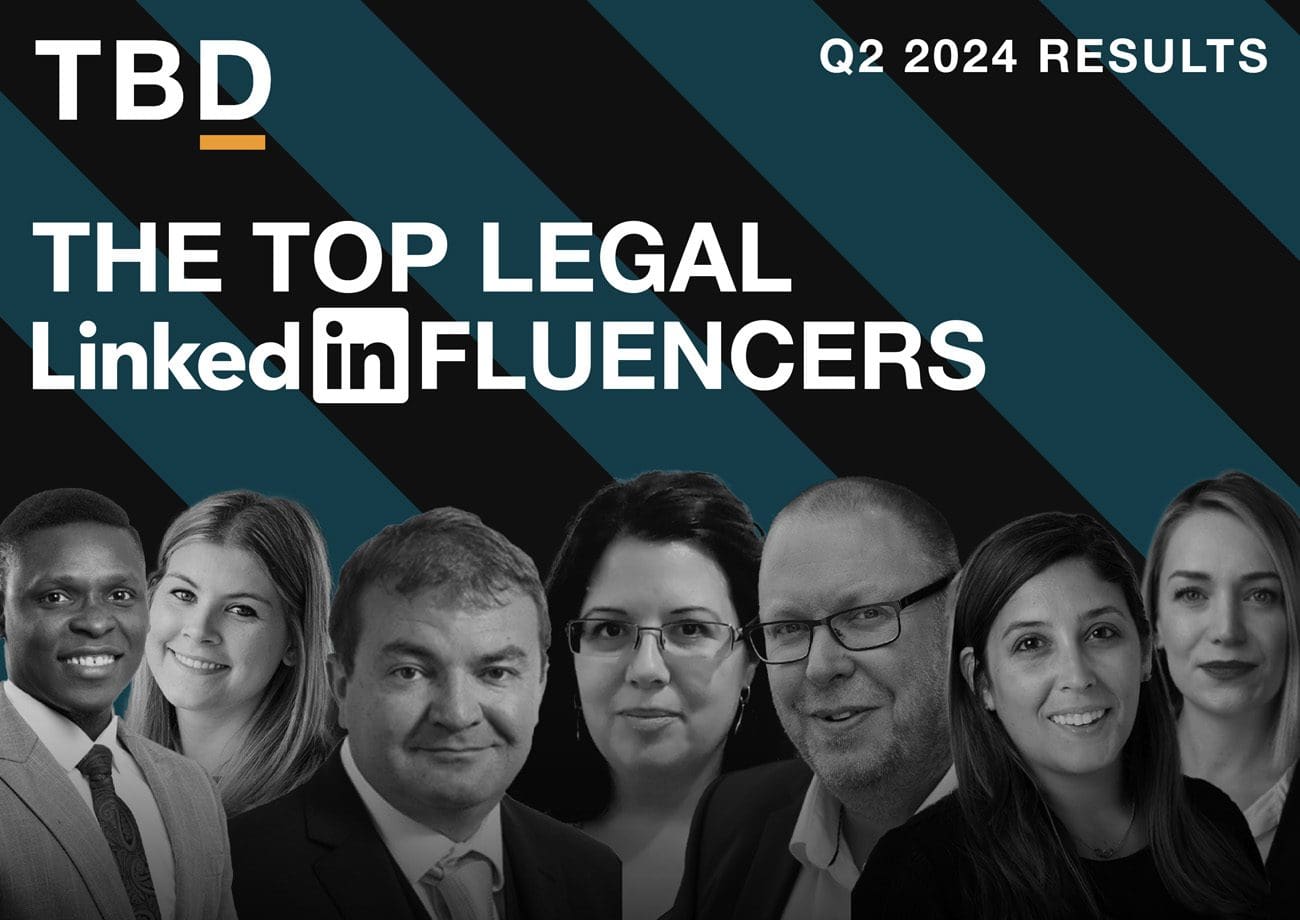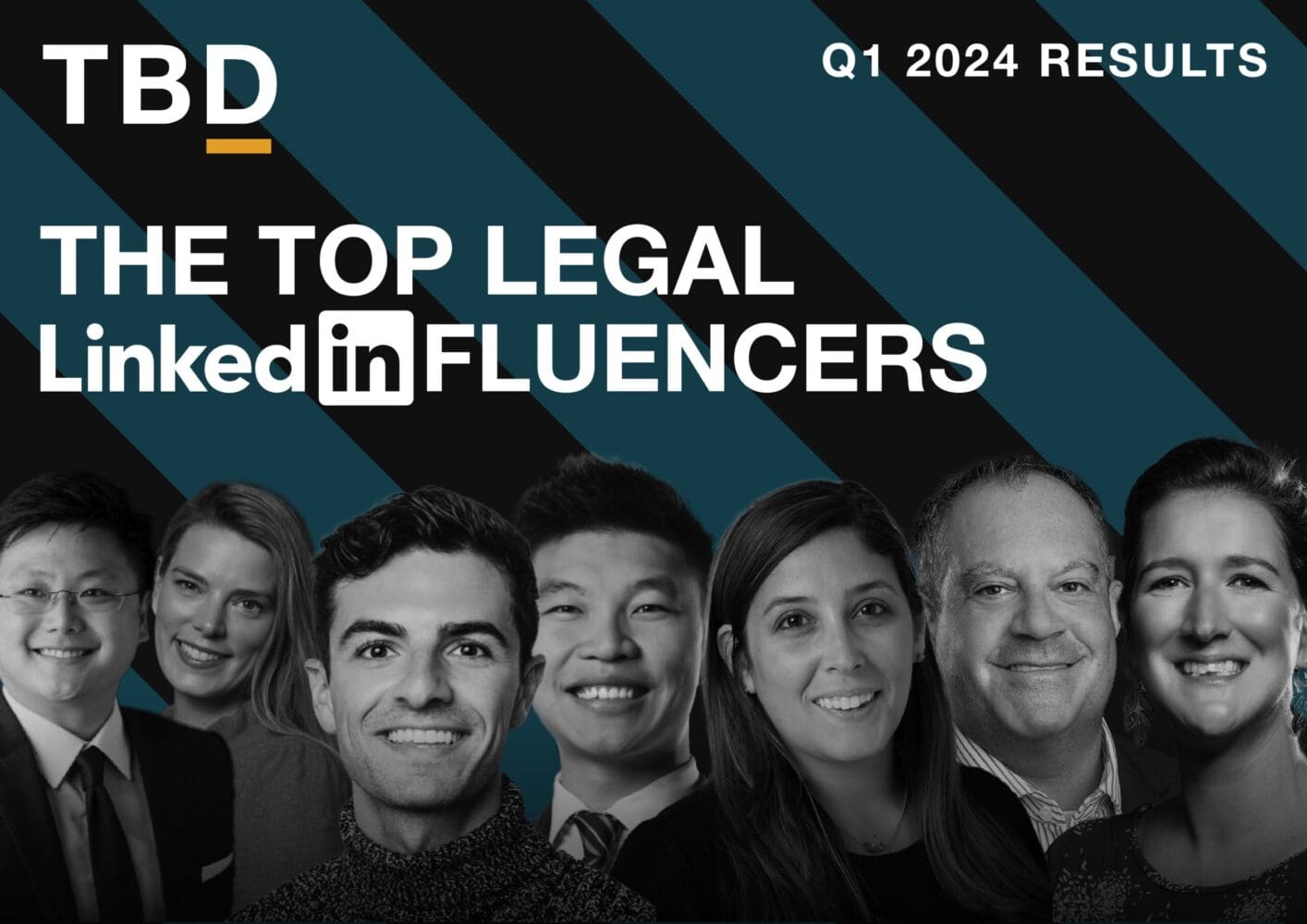“I have a great idea for an article…”
Sometimes, you have a wonderful story and article idea all lined up, but by the time you actually get around to writing it, someone over in New York has already beaten you to it. That’s so frustrating. What’s worse is when you have a wonderful story and article idea, write and publish it, only to see it regurgitated two days later on another website with more people liking/sharing/commenting on it. The only differences between your original and their knock-off are a couple of words changed using Word’s synonyms.
Law firm clients often complain to me that their law firms send almost identical articles and legal updates to them. In our experience, this may be even truer than you’d like to think. All it takes is a simple copy + paste, and changing of a few words before publishing it as ‘original content’. (This is also probably executed with the idea that ‘no one will ever know’). But to our mind, once you write something, it’s yours. There’s a fine line between ‘a little inspiration’ and violating copyright laws.
But what are the boundaries? What counts as plagiarism and what doesn’t?
There’s no quantitative and objective definition of plagiarism. You can argue ‘a sentence or two’ borrowed from an article won’t do any harm. But then where does it stop?
Three sentences?
Four sentences?
Five?
Suddenly you’re on a diet sneaking ‘just one more bite’ of cake and before you know it the whole cake is gone. If you find yourself continuously going back and forth taking snippets from sources and not really having to use your own brain, you may as well now change your job title to ‘thief’. Strong language, we know, but this is a serious issue. Of course, there’s nothing wrong with a little bit of inspiration from a really good website, that’s called research.
At TBD, we strongly believe that this lifting of other lawyers’ content needs to stop. If anyone copied this blog and recycled it (or however they justified it to themselves), we’d have to contact them and ask them to take it down. It takes hours to write something this interesting and engaging, this current and well researched.
Don’t get us wrong; we know that for lawyers, it can be hard when there appears to be not a lot to say, but that’s no excuse not to draft from scratch or provide a unique viewpoint. If your firm is strong in particular sectors, legal and client updates are a great place in which to demonstrate this excellence.
So why do lawyers copy each others’ work? Maybe it’s a learned trait from doing deals on opposite sides of the desk from each other and using each-others’ precedents (or those from PLC). Regardless, in law firm marketing, it’s not acceptable, and TBD works hard with law firms to resolve it.
In fact, the learned trait excuse can’t be right because, in our experience, it’s trainees who do it most and they are just starting out in their legal careers. It’s even more surprising given that they are the lawyers most recently to have been to university, as, for their entire degree, they will have had plagiarism cautioning reiterated to them. So, why disregard it once entering the workplace?
I was recently talking to Olivia Evans about this, a Journalism and PR student who heads her university’s PR Society – and she said that it’s £drilled into every student not to do it because lecturers will find you out. Just don’t do it, not even a paragraph. Universities, like most organisations and firms, have copyright and plagiarism software to catch you out.”
If you’re considering using someone else’s material, first remember your duties as a solicitor before you commit what could be a criminal offence, and second, know that your own digital marketing team will know if you’ve purloined your words from somewhere else. Let’s be clear, it’s a very uncomfortable conversation when you have to explain to your supervisor or line partner what you did. So best not to do it in the first place.
So how does a law firm find out who’s been stealing your content?
How can you tell if someone has stolen your article?
I asked Phoebe Pring, a friend and digital marketing expert at Burges Salmon who said, £Unfortunately, there’s no quick fix for hunting down plagiarists. But you can use online plagiarism checkers like CopyScape, Small SEO tools or Free Plagiarism Checker which flag up passages from your article that have been used elsewhere. We’ve found that plagiarism can show up in strange ways. We once found a whole duplicate site from an anomaly in our web data.”
I also spoke to Bram Vanoirbeek, another digital guru who I’ve worked with in the legal sector previously (he’s now a Digital Marketing Consultant). I asked him for his memories of tracking plagiarists. He said:
£I’ve uncovered a few instances of plagiarism – from firms that you wouldn’t quite believe we’re doing it. It’s more prevalent than you think.”
Does it really matter if other firms are poaching your traffic? Yes. Because all traffic that comes to your website is potentially a sales lead.
The revenue point is an important one. Some of your finest minds have spent time following an issue, thinking about it, considering how it will impact on your clients, drafted it, edited it, optimised it (hopefully) and then someone has negated all that work by copying it and posting it on their site. Possibly six to ten hours of work taken and reused for free with no upside for you.
It’s easier to spot it against your better-performing articles when you look in Google Analytics. For the long-tail pieces, it can be a lot harder to spot. But both are important in order to make sure that leads you have rightly won come your way.
What should you do if you have found that someone else has knocked off your article?
In practical terms, you or a member of your marketing team should:
- Approach their PR team or the fee earner who ‘wrote’ it and ask them to have it taken down (and fast);
- Give them a reasonable (but short) deadline to work to;
- Ask them to remove all links to it on their site and on their social media;
- Ask them for a redirect to your site from the article’s original URL; and
- Follow up with checks as to whether or not they’ve removed it.
What can you do to defend from people stealing your article?
Nothing is going to stop the determined plagiarist, but you can make it harder for them. How?
- First, make sure that your website has a ‘date published’ option shown on the article;
- Next, share it on your social media feeds so that you can point back to when it was posted in case they dispute whose was posted first;
- Then, if nothing else, use your contacts and ask them for quotes about the topic – no-one in their right mind would dare to steal content which referenced a quote from someone else’s contacts. (So, if you do steal this article, please don’t prove us wrong by quoting Phoebe, Bram, Olivia or Ben in your article.)
So, how can TBD help me/my law firm with plagiarism?
TBD will ensure all bases of your content are covered to prevent plagiarism occurring in the first place. We can also audit your web traffic to see if your articles are being plagiarised. This means no copying, no loss of revenue and an increase in audience trust and increased thought leadership. Let us know if you’d like a quote for us to do that. It’ll cost less than you think, boost your traffic more than you’d believe and your organic rankings will also improve.
We also work with clients on devising their content strategies – clarifying what they want to be famous for, with whom and the channels to use to achieve that. We have extensive experience of auditing existing materials, drafting content strategies and working with internal teams and external content agencies to drive new audiences to your content. The results often see a five-to-tenfold increase in reader numbers and read time.
Although many firms have a natural resistance to using external copywriting, we find it often makes a lot of sense. A briefing call and a write up by an experienced corporate writer will often significantly reduce the time it takes to get a first draft from a partner’s head onto paper. It will also add in new dimensions to the article in terms of making it ‘reader-first’ in its approach.
Among others, we have previously worked with content agency M2 Bespoke. When I asked their MD Ben Hollom why law firms should use a content generation agency (alongside TBD!), he explained that his team “can help law firms implement a tailored process that’s designed to extract unique insights from their experts. This assistance with both planning and production ensures sustainable, quality content, and safeguards against plagiarising content from competitors when ideas run dry.”
The final word or two
If you’re interested in talking about your content strategy for the year(s) ahead, let’s grab a coffee.
And if you think a fee-earner at your firm has infringed another’s copyright, maybe just flip them a link to this article?
And if you haven’t had enough of reading about tackling plagiarism yet, then read this excellent blog from Plagiarism Checker Free.






